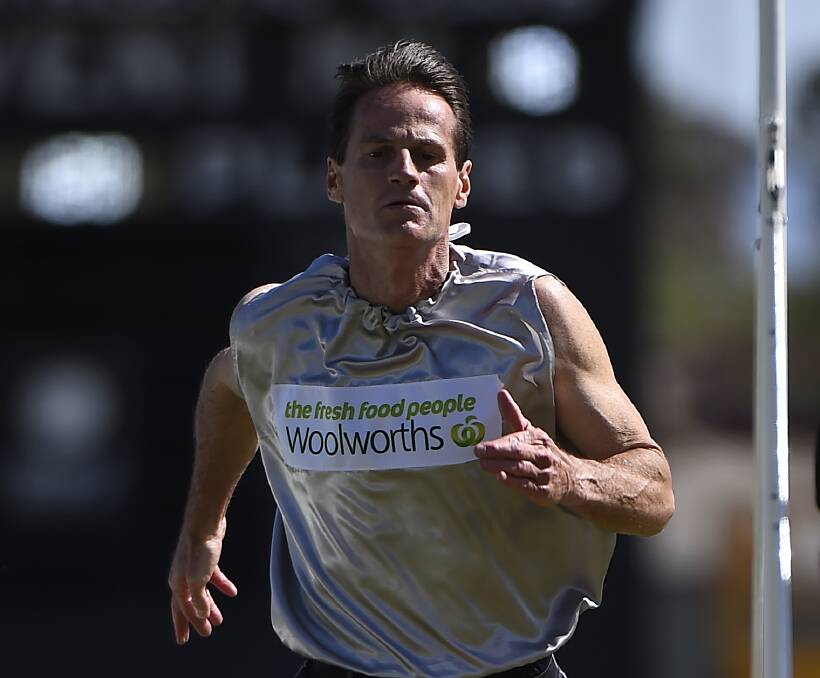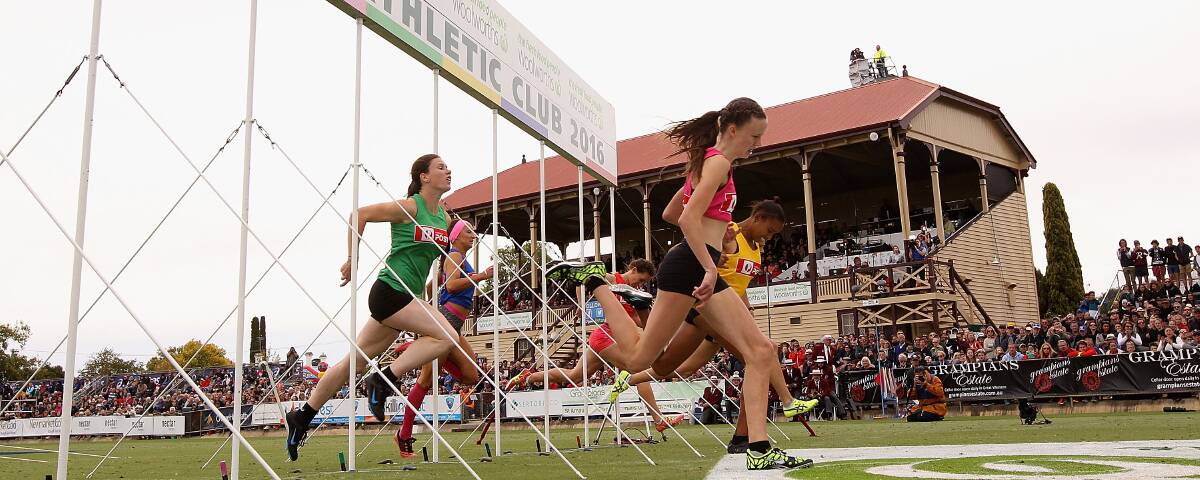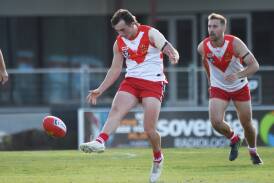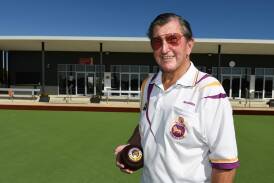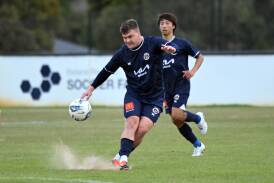SPRINT coach Peter O’Dwyer wants to be heard.
Subscribe now for unlimited access.
$0/
(min cost $0)
or signup to continue reading
O’Dwyer is calling on the Victorian Athletic League board to have the courage to update a discipline so steeped in tradition. A discipline that thrives each Easter amid the rich history of Stawell’s Central Park.
But even professional running needs to move with the times. It needs clarity.
O’Dwyer, a four-time Stawell Gift winning trainer and decorated professional runner, has been lobbying for change to bring greater integrity to the sport for more than two decades – far longer than his stable’s top sashes have added up.
This time an ambiguous ruling has knocked one of his runners, 15-year-old Talia Martin, on the biggest stage for professional running in Australia. Not only his and her credibility, but the sport itself, has been questioned nationwide.
Three weeks on from Stawell, and the VAL has yet to make any clear public stand to rule changes, despite flagging a “broad review” in the immediate wake of Martin’s win. We lack answers.
Stawell is the only time handicapped running is truly in the Australian spotlight. One chance each year for the sport to get it right.
This time, under the intense media scrutiny of Stawell, the VAL got it wrong.
Stewards did their job, interpreting a subjective rule for “excessive improvement” to fine Martin $2000. This was despite improvement measured from a non-penalty lead-up meet. Martin was penalised before reaching finals. The media was notified after her win.
Most people are still unsure what to make of Martin’s win and the nuances that followed. Most people have moved on – winter sports have started.
Ultimately her win remains tainted and so too an often misunderstood sport.
In an open letter, published largely on social media, O’Dwyer said this could have been avoided with greater clarity for athletes, stewards and crowds. O’Dwyer calls for key changes to the inconsistent performance rule based on deviations from personal bests (fastest rate per minute) rather than poor performance. He calls for a transparent computer-based stewarding system for instant calculations that would alleviate pressure on stewards assessing performance. And personal best calculations should be made available to all athletes and trainers.
“Stewarding must become quantified,” O’Dwyer said. “It must eliminate bias, inconsistency, selective and random stewarding that is continually confusing athletes, coaches and the public. This is what brings the sport into disrepute and tarnishes the reputation of professional athletics.”
Handicap running at its core is about continued and consistent racing, aiming to beat oneself. This is a completely different game to track sprinting you will see in the Olympics. As long as athletes start off different marks, the system will never be completely perfect.
But there is room for massive improvement.
Whether the VAL adopts O’Dwyer’s ideas or not, it needs to made a clear stance or public uncertainty in the sport’s will continue to bubble. Acting bolder after Martin’s case could have stamped this out sooner.
